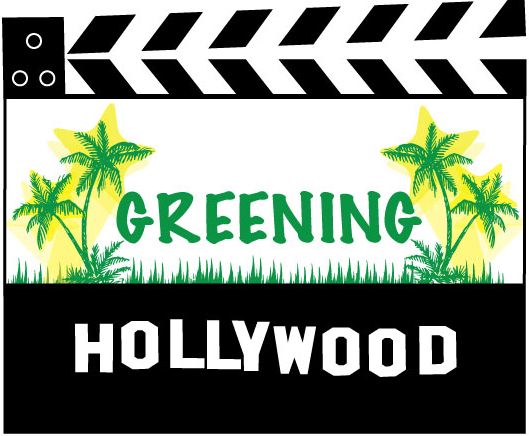At Riverkeeper's Annual Fisherman's Ball in New York City last night, Governor Arnold Schwarzenegger of California accepted the organization's 2010 Environmental Advocacy Award.
Award Acceptance was staged as a parody of Inside The Actor's Studio, with host James Lipton offering a relatively relaxed Q&A format with the Governor that event hosts dubbed Inside The Hudson River.
Lipton prompted Arnold to talk freely about his farmboy roots, growing up milking cows on his parents' Austrian farm as a kid where there was "no running hot water and very little money," which Arnold attributed to motivating him to dream big and succeed in becoming the youngest ever Mr. Universe by the age of 20. He confided that body building had always, for him, been a stepping stone, "a stepping stone to what, I didn't know at the time," but that soon enough he turned his efforts to acting once he immigrated to the U.S., a country he calls "the greatest country in the world."
The Austrian native earned loud chuckles from the gathered guests when he regaled of taking classes at both Santa Monica College and UCLA Extension for accent reduction. He said he hadn't wanted to be perceived as intimidating because of his accent. He also acknowledged his belief in the importance of maintaining a healthy sense of humor whether holding down a career in show business or in public office. He said one of his fondest movie roles was the making of Kindergarten Cop.
Awarding him the Environmental Advocacy honor was Robert F. Kennedy Jr. who is founder and sr. legal counsel for Riverkeeper. We here at GBN really don't think nepotism had anything to do with the Governor's being honored as Fisherman of The Year by his cousin-in-law but rather that it's due to his tireless efforts towards furthering environmental initiatives in state, national and global arenas.
In a related story, regarding Los Angeles's Carbon Reduction Surcharge, Governor Schwarzenegger issued this statement in March:
"California has long been a leader in policies that protect the environment, promote energy efficiency and boost the economy. And it is leaders like Mayor Villaraigosa and policies like his new Renewable Energy and Efficiency Trust Fund that help make California a leader. This new proposal is great news for Los Angeles and California, it will promote the growth of clean, reliable energy in our communities while creating jobs in the clean-tech industry when we need them most."
This week, when LA City Council saw the issue hotly debated, Villaraigosa reiterated, "For Los Angeles to be the cleanest, greenest city, we need participation from every Angeleno." Read More HERE>>
About the Carbon Reduction Surcharge
The Carbon Reduction Surcharge was approved by the Board of Water and Power Commissioners on March 18, 2010 as part of the Department of Water and Power's Energy Cost Adjustment Factor (ECAF). It serves as both a financial incentive and an investment tool that will incentivize stakeholders to use alternative energy, and therefore reduce Los Angeles’ dependence on fossil fuels. However, it will not drastically affect the average rate-payer; with expected average monthly bill increases to be between $2.50 and $3.50.
The funds from the Surcharge will be deposited into a Renewable Energy and Efficiency Trust Fund that will be used to invest in energy efficiency and renewable energy programs. It is expected to generate 18,000 jobs over the next ten years and help lay the foundation for a local green economy.
Said Mayor Villaraigosa. “We can choose to put ourselves on a path away from coal; we can choose to create a lock-box for clean and green energy; we can choose to protect our businesses and ratepayers; or we can choose to raise rates on the hardworking people of Los Angeles while doing NOTHING to invest in green power and green jobs. I think the choice is clear and the right choice is the Green Energy Compromise Plan.”
For more information its groundbreaking clean water initiatives and accomplishments for Riverkeeper, Here's Some Basics.
Recycle, Reuse, Rejoice!








